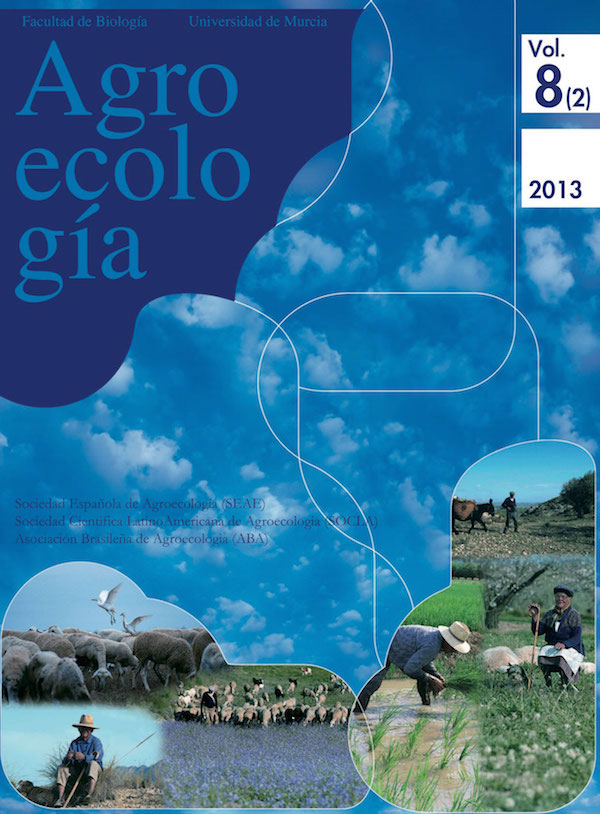Agroecology: Growing the Roots of Resistance
Abstract
Agroecology today has a strong focus on bringing sustainability to food, feed, and fiber production. But there is also a larger focus on the social, economic, and political “drivers” that move food systems beyond the conditions that have created un-sustainability in modern industrial agriculture. With its ecosystem foundation, the science of agroecology has become a powerful tool for food system change when coupled with an understanding of how change occurs in society. In this paper I trace the roots of agroecology to its emergence as Agroecología in Mexico in the 1970’s as a form of resistance to the Green Revolution. Agroecology has become much more than a science for developing better, safer, and more environmentally-sound food production technologies. Agroecology is more than a way to practice agriculture, such as organic or ecological production. Agroecology is also a social movement with a strong ecological grounding that fosters justice, relationship, access, resilience, resistance, and sustainability. Agroecology seeks to join together the ecological and social cultures that helped human society create agriculture in the first place.Downloads
Las obras que se publican en esta revista están sujetas a los siguientes términos:
1. El Servicio de Publicaciones de la Universidad de Murcia (la editorial) conserva los derechos patrimoniales (copyright) de las obras publicadas, y favorece y permite la reutilización de las mismas bajo la licencia de uso indicada en el punto 2.
2. Las obras se publican en la edición electrónica de la revista bajo una licencia Creative Commons Reconocimiento-NoComercial-SinObraDerivada 3.0 España (texto legal). Se pueden copiar, usar, difundir, transmitir y exponer públicamente, siempre que: i) se cite la autoría y la fuente original de su publicación (revista, editorial y URL de la obra); ii) no se usen para fines comerciales; iii) se mencione la existencia y especificaciones de esta licencia de uso.
3. Condiciones de auto-archivo. Se permite y se anima a los autores a difundir electrónicamente las versiones pre-print (versión antes de ser evaluada) y/o post-print (versión evaluada y aceptada para su publicación) de sus obras antes de su publicación, ya que favorece su circulación y difusión más temprana y con ello un posible aumento en su citación y alcance entre la comunidad académica. Color RoMEO: verde.





